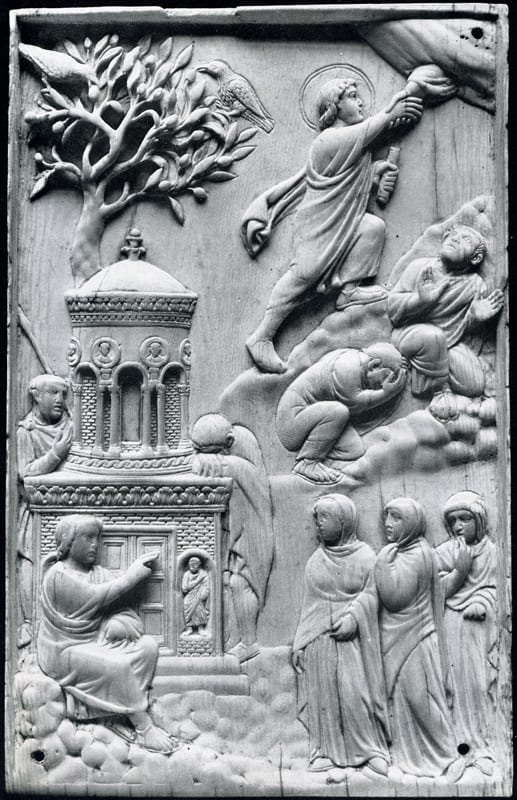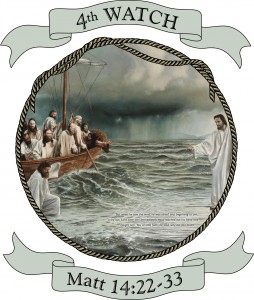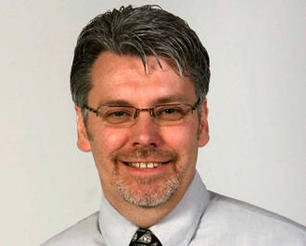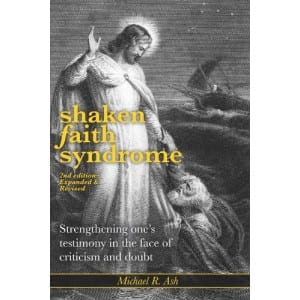Podcast: Download (27.5MB)
Subscribe: RSS
 Aside from what Joseph Smith taught, is there evidence that modern temples represent a restoration of ancient practices and beliefs? In this address from the 2009 FAIR Conference, Dr. Daniel Peterson discusses ascension motifs from around the world and talks about the temple as a place of ascent to God, as a model of reality, and as a reality of things to come. He notes that “the temple represents a model, which itself represents a cosmic reality, a reality that involves access to divine mysteries, access to the waters of life, access to cleansing and ascension, access to the presence of God. [The temple provides] a symbolic representation of admission into the presence of God, an endowment of power that goes with that, with the ultimate culmination of a blessing of exaltation in the presence of God.”
Aside from what Joseph Smith taught, is there evidence that modern temples represent a restoration of ancient practices and beliefs? In this address from the 2009 FAIR Conference, Dr. Daniel Peterson discusses ascension motifs from around the world and talks about the temple as a place of ascent to God, as a model of reality, and as a reality of things to come. He notes that “the temple represents a model, which itself represents a cosmic reality, a reality that involves access to divine mysteries, access to the waters of life, access to cleansing and ascension, access to the presence of God. [The temple provides] a symbolic representation of admission into the presence of God, an endowment of power that goes with that, with the ultimate culmination of a blessing of exaltation in the presence of God.”
The text of his presentation, along with slides, can be found here.
Dr. Peterson is a professor of Islamic Studies and Arabic at BYU and founder and the editor-in-chief of the University’s Middle Eastern Texts Initiative (METI). He is a past chairman of the board of the Foundation for Ancient Research and Mormon Studies (FARMS) and, until very recently, served as Director of Advancement for its successor organization, the Neal A. Maxwell Institute for Religious Scholarship. From 1988, when he founded it, through mid-June of 2012, he edited the FARMS Review, which was renamed the Mormon Studies Review in late 2011. A former bishop, Dr. Peterson served in the Switzerland Zürich Mission, and, for approximately eight years, on the Gospel Doctrine writing committee for The Church of Jesus Christ of Latter-day Saints. He currently serves as a Gospel Doctrine teacher in his home ward. He the author of many books and articles, including Offenders for a Word, which is available, along with other talks by Brother Peterson, at the FAIR Bookstore.
The opinions expressed in this address do not necessarily reflect the opinions of The Church of Jesus Christ of Latter-day Saints, or of FAIR.
To purchase tickets to the 2013 FAIR Conference, visit this page. This short video clip also provides more information: FAIR Conference video clip.



